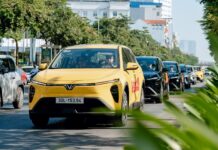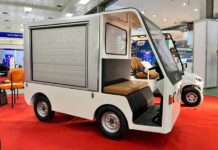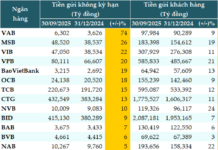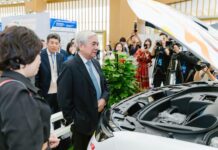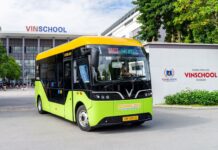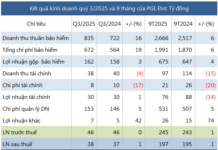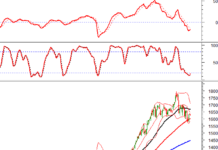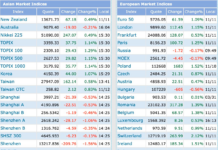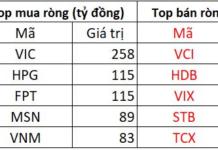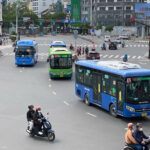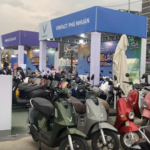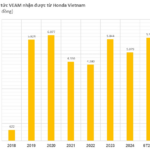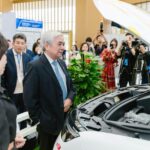The used car market is experiencing a shift as consumers increasingly favor electric vehicles over gasoline-powered cars. This trend is particularly prominent in Hanoi, where plans to restrict fossil fuel-based vehicles in the city center have left many reconsidering their automotive choices.
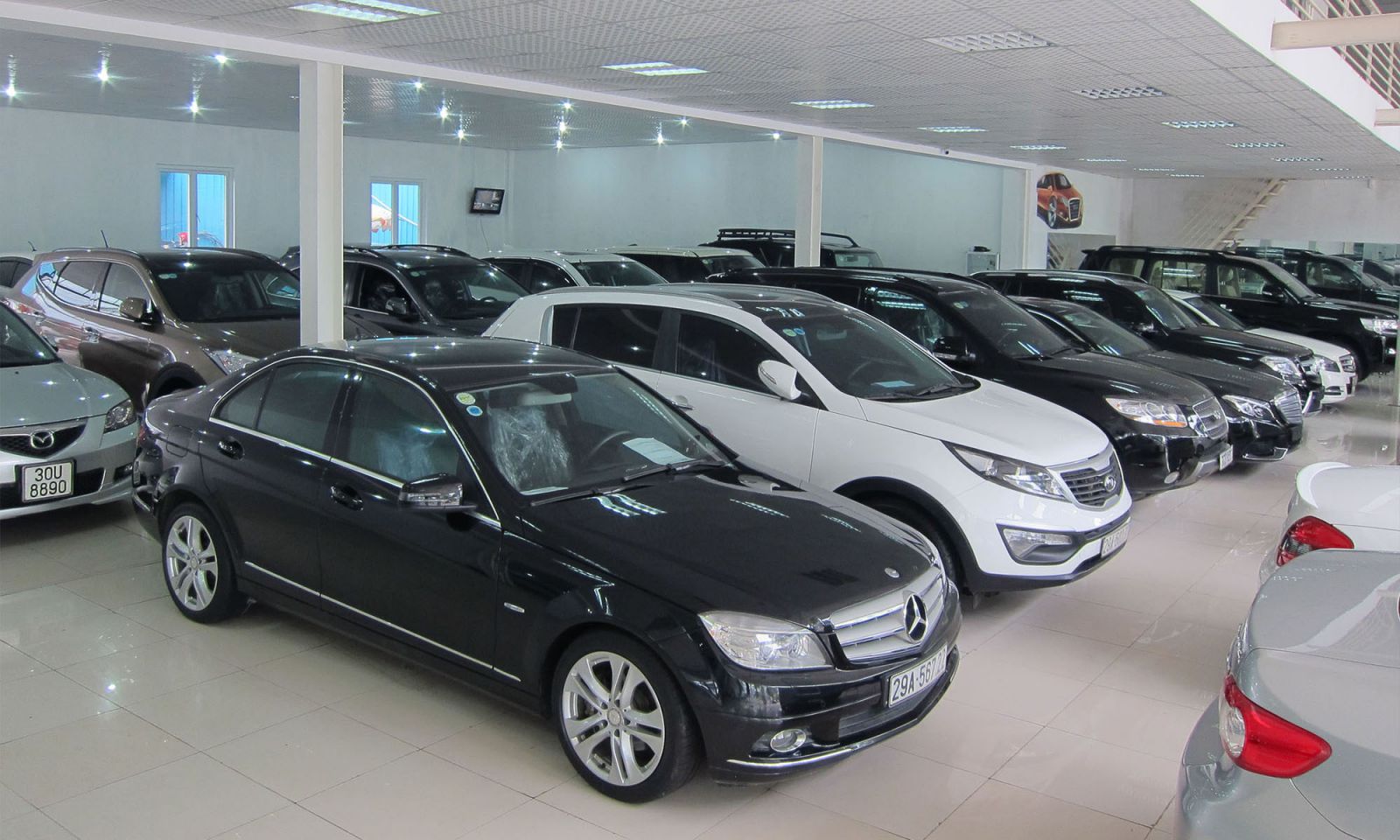
A quiet used car market.
Mr. and Mrs. Phan Phuong Mai, residents of Hanoi, intended to purchase a used gasoline car priced at around VND 200 million for their daily commute and school runs. However, their plans changed when they learned about the city’s upcoming policy to ban fossil fuel-powered motorcycles and restrict private cars within the inner rings, with a potential expansion to Ring Road 3 in the coming years. Fearing that their new car might become obsolete or face limited usage within a few years, the couple decided to postpone their purchase. Instead, they plan to save up for a brand-new electric car to avoid future complications.
Sharing similar concerns, Mr. Do Tuan, who works on Ton That Tung Street, is contemplating selling his 2014 Mazda 3. With the implementation of the new policy on January 1, 2028, he worries that his current car might not be usable for commuting to his workplace, which is located within Ring Road 2. To avoid potential resale issues and value depreciation, Mr. Tuan is considering switching to an electric car for his daily commute.
Mr. Nguyen Xuan Bien, a board member of Bcar Hanoi, located on Cau Dien Street in Hanoi, applauds the city’s initiative to reduce emissions. He points out that electric vehicles offer not only environmental benefits but also lower maintenance and running costs. While some consumers are hesitant to embrace electric cars due to concerns about inadequate charging infrastructure and higher initial costs, the current market trends indicate a growing wariness of investing in gasoline-powered cars that may soon face usage restrictions or bans.
Mr. Hien, owner of a used car garage in Xuan Dinh, Hanoi, observes a diverse market with various models and price ranges. However, his business has faced challenges, with a 30-40% decline in sales compared to the previous year. The recent shift in consumer preferences toward electric cars has further exacerbated the situation.
Mr. Nguyen Quoc Anh, owner of Nam Bac used car garage on Le Quang Dao Street in Hanoi, echoes similar sentiments. In the last two to three months, the used car market has significantly slowed down, especially after the announcement of restrictions on fossil fuel-powered vehicles. His garage has received numerous inquiries from customers seeking to sell their gasoline or diesel cars, some of which were purchased just a year ago. With only a handful of sales in July and monthly losses ranging from VND 300 to 400 million, Mr. Quoc Anh highlights the challenging situation faced by used car dealers.
While the used gasoline car market faces headwinds, it also signals a positive shift in consumer mindset toward sustainable and eco-friendly transportation. The transition to electric vehicles aligns with the city’s low-emission goals and presents an opportunity for the Vietnamese automotive industry to embrace modernization and innovation.
Embrace Eco-Friendly Transport: Ho Chi Minh City Introduces 72 New Bus Routes and 8,000 Public Bicycles
Alongside the low-emission zone initiatives and incentives for switching to electric vehicles, the Ho Chi Minh City transport emissions control scheme aims to aggressively expand its electric bus fleet and develop a public bicycle system.
Electric Vehicle Revolution: Empowering Ho Chi Minh City’s Transition to a Greener Future
The electric vehicle revolution is here, and it’s time for businesses to step up. We’re calling on manufacturers, infrastructure developers, ride-sharing platforms, and banks to join the movement and support the transition to electric cars. It’s not just about the environment; it’s about staying ahead of the curve and meeting the evolving needs of customers and drivers.
Electric Scooters: Beware the Rush to Convert from Petrol
The plans by Hanoi and Ho Chi Minh City to limit gasoline-powered motorbikes have led to a surge in electric motorbike purchases. However, this shift also paves the way for the resurgence of illegal and unregulated vehicles on the roads.
A Business Receives Over $1.6 Billion in Dividends from Honda as Hanoi Prepares to Phase Out Gasoline Cars.
As of the first half of 2025, VEAM’s net revenue surpassed 2.087 trillion, while their net profit reached an impressive 3.410 trillion VND. This remarkable achievement can be largely attributed to the significant contribution of their joint venture and associate companies, which accounted for nearly 3.069 trillion VND in profits.

